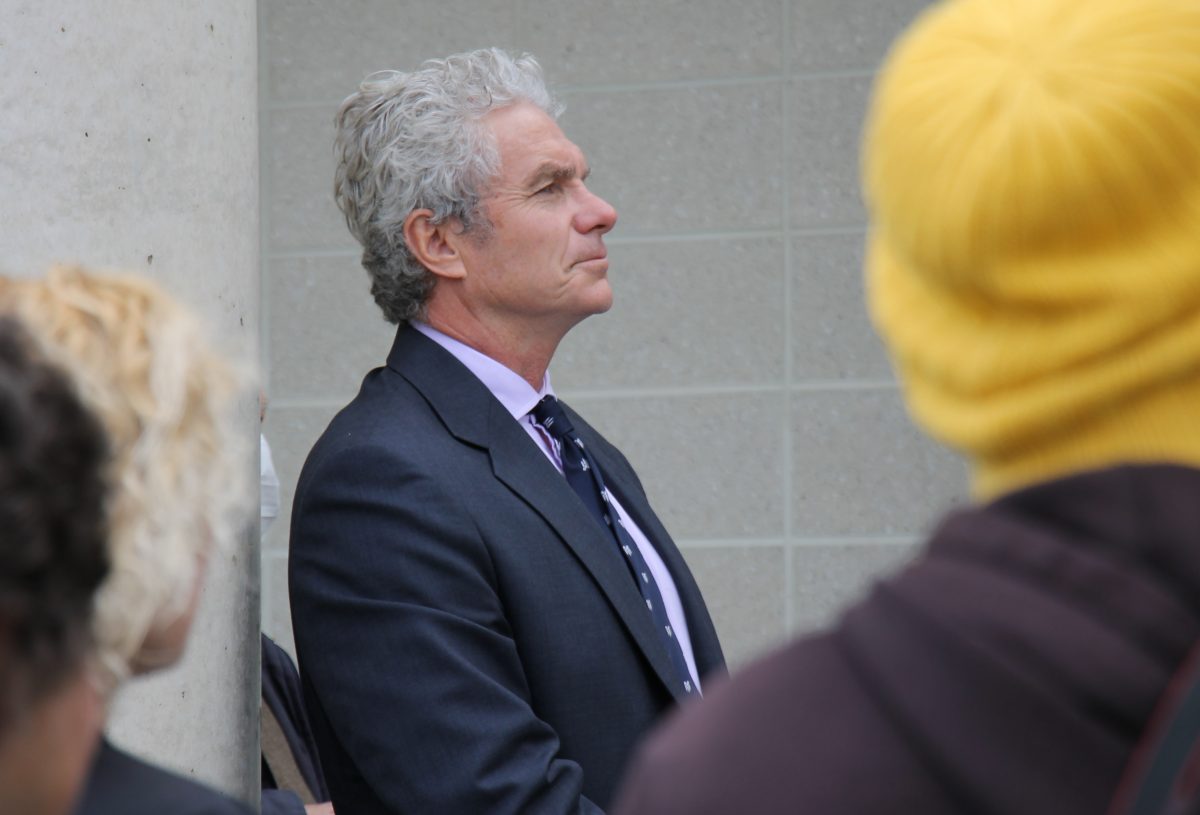
Whistleblower David McBride has withdrawn his civil case in the ACT Supreme Court. Photo: Albert McKnight.
David McBride’s legal team has withdrawn his bid to use the Public Interest Act to defend his whistleblowing of the Australian Defence Force (ADF) in the ACT Supreme Court.
He will now fight to clear his name at a jury trial, where he faces five charges stemming from giving information about alleged war crimes to ABC journalists.
He was charged in 2018 with three counts of breaching the Defence Act, one count of unauthorised disclosure of information and theft of Commonwealth property.
His solicitor Mark Davis, from Xenophon Davis, said “extreme secrecy” had covered the entire case, making it impossible for them to access evidence and form a defence to be argued in court.
“The National Security Information Act removes from the courts a number of powers … and imposes on the courts the authority of the Attorney-General’s office and the agencies it represents,” he said.
“The decision of what goes into legal proceedings [would usually be decided by the judge] … that now belongs to a huddle of agencies.”
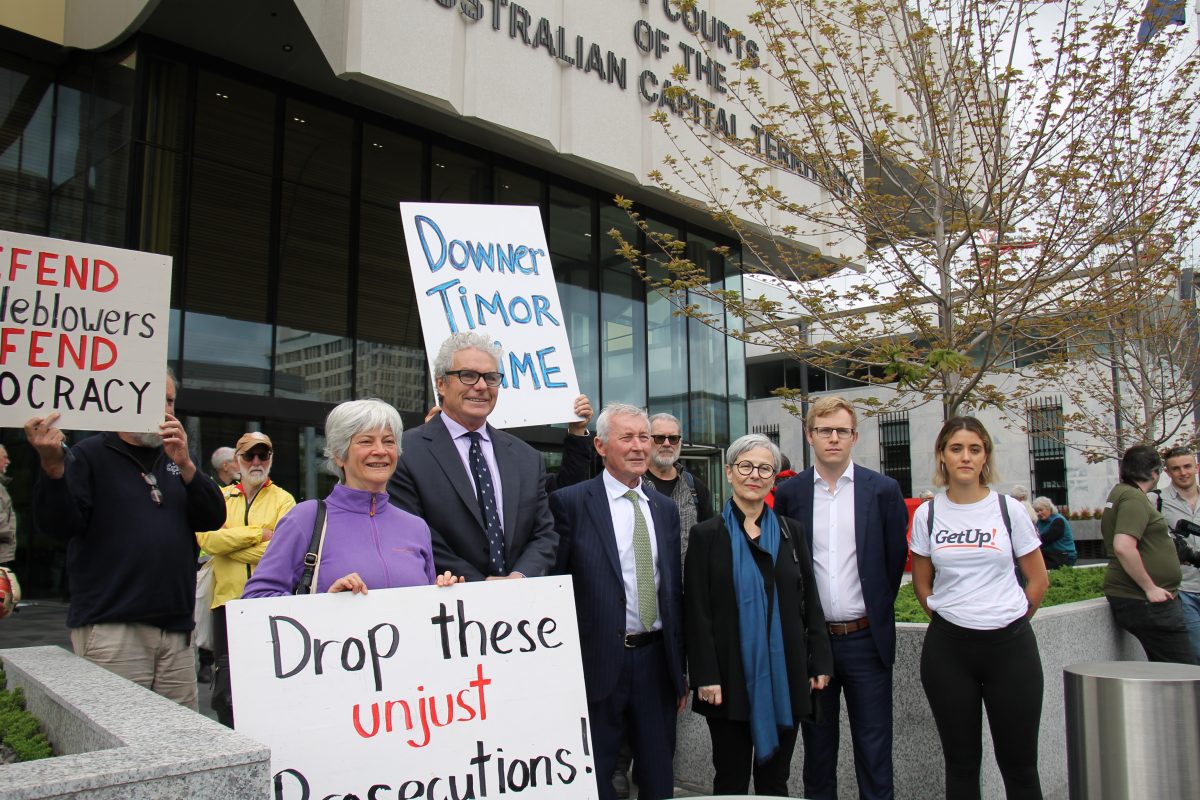
David McBride (second from left) was joined by whistleblower Bernard Collaery (centre), who had his charges dropped by the Attorney-General earlier this year. Photo: Claire Fenwicke.
Mr McBride’s counsel had hoped to bring two expert witnesses to argue their case; however, the Commonwealth Director of Public Prosecutions (CDPP) claimed Public Interest Immunity over those witnesses and some evidence as well.
Mr Davis described it as if they had walked up to the court with “two arms and two legs” and had each limb “cut off” as they entered.
“We lost two witnesses and we lost [access to] evidence, so why go ahead here?” he said.
“We’ll go to criminal proceedings with a jury of people and be heard on that basis.”
Mr McBride said while he was disappointed, he felt this proved the Public Interest Act had been “found wanting” when it came to protecting whistleblowers.
“It’s useless if you’re in the military because it involved intelligence information,” he said.
He felt a jury trial was his best chance to get the truth out and create change in the legislation.
“It’s a high-risk strategy … [but] the only way we can change Australia for the better is by jury trial,” Mr McBride said.
“The public can decide who did their duty better.
“My conscience is quite clear.”
Mr Davis took aim at Attorney-General Mark Dreyfus for not intervening as he did for Bernard Collaery.
He said he didn’t agree with Mr Dreyfus’s stance he couldn’t do anything because it would be “inappropriate”.
“Give me a break,” Mr Davis said.
“We spend more time with Dreyfus’ people … than we do with the prosecutor.”
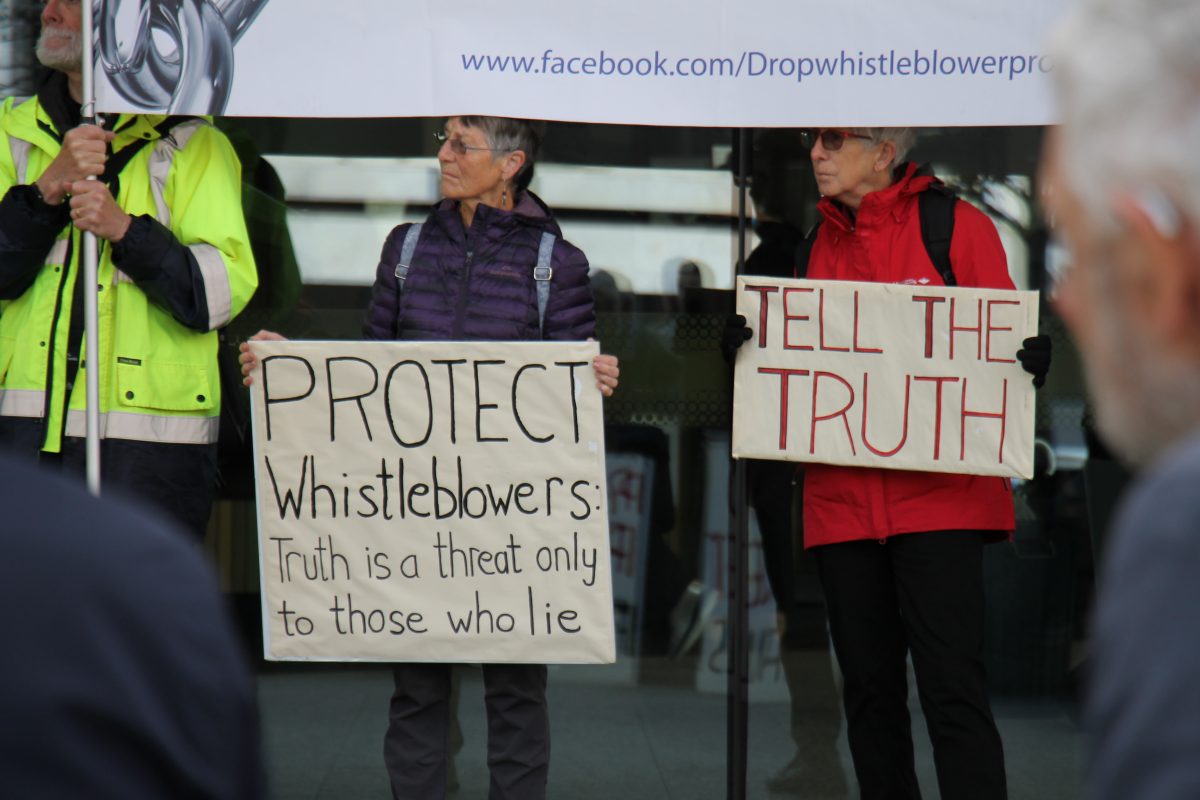
David McBride’s supporters rallied outside ACT Magistrates Court ahead of his hearing on 27 October. Photo: Albert McKnight.
While Human Rights Law Centre senior lawyer Kieran Pender said it was “unconscionable” for the Attorney-General to allow the prosecution to continue.
“The government’s last-minute national security intervention in this case has made it impossible for David McBride to succeed in his whistleblowing defence,” he said.
“It is a devastating blow for Australian democracy … Whistleblowers should be protected, not prosecuted.”
He called on both the Attorney-General and CDPP to drop the charges.
“The Australian Government must then get on with fixing whistleblowing law and reckoning with Australia’s alleged war crimes in Afghanistan,” Mr Pender said.
A date was expected to be set for Mr McBride’s trial next year.













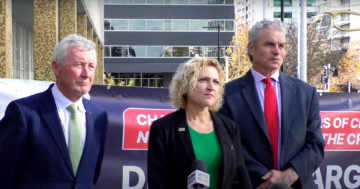
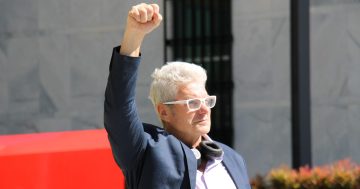
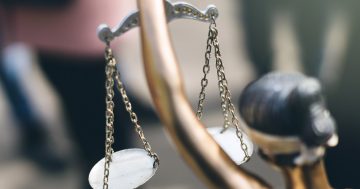
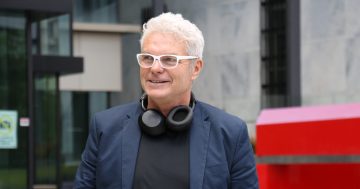
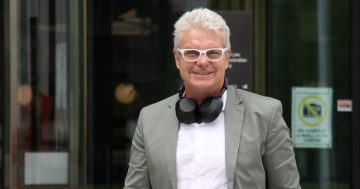


Thank you Sarah and team



 View
View